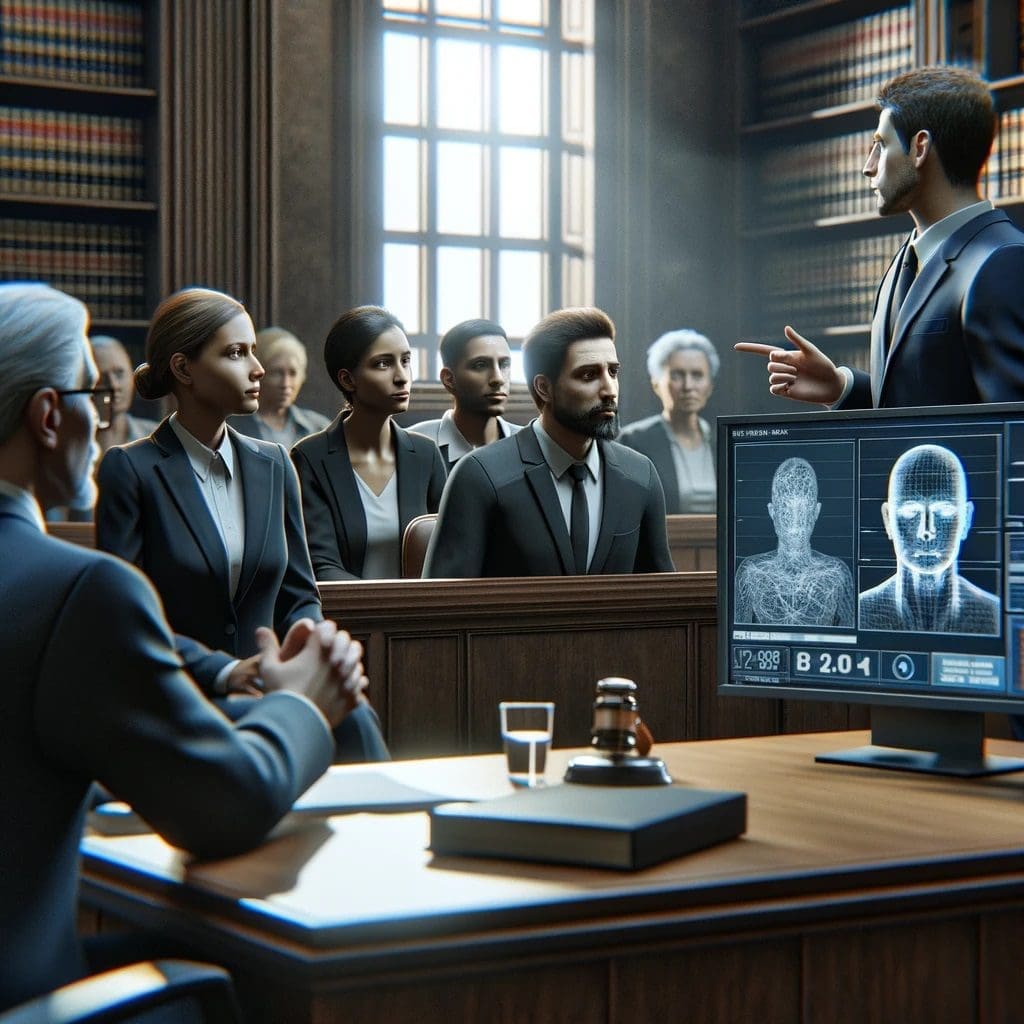Disorderly Conduct

Disorderly Conduct: Understanding Your Legal Standing
Disorderly conduct, a charge often encountered in the legal system, can encompass various behaviors deemed disruptive or offensive by law enforcement. It’s crucial to comprehend the legal implications of such allegations, as they can lead to significant consequences.
In many jurisdictions, disorderly conduct is defined broadly, covering actions like public intoxication, disturbing the peace, and obstructing traffic. The vagueness of this term can sometimes lead to subjective interpretations by law enforcement officers. Therefore, understanding your legal rights in such situations is vital.
Legal advice from experienced attorneys can be indispensable in these scenarios. They can provide insights into defense strategies, helping to mitigate the potential consequences. For instance, demonstrating that the conduct was not intentional or that it didn’t genuinely disrupt public order can be effective defenses.
Moreover, the legal perspective on disorderly conduct varies depending on the context and severity of the incident. While some cases might result in a simple fine, others could lead to more severe legal repercussions, including imprisonment. This variability underscores the importance of consulting legal experts who can navigate these nuances.
Legal consultation also plays a pivotal role in understanding the law enforcement procedures and justice system’s workings. It equips individuals with the necessary knowledge to handle their case effectively. For example, knowing when to speak, what to say, and how to present oneself can significantly influence the case’s outcome.
Defense strategies in disorderly conduct cases often revolve around constitutional rights. Attorneys may argue that the individual’s freedom of speech or right to assemble was unjustly infringed upon. Such defenses require a deep understanding of legal precedents and constitutional law.
Furthermore, in the realm of legal implications, it’s essential to consider the long-term effects of a disorderly conduct charge. It can impact one’s employment opportunities, housing prospects, and even travel abilities. Legal advice can help in expunging or reducing the severity of the charge, thereby mitigating these long-term consequences.
In conclusion, facing a disorderly conduct charge can be a daunting experience. However, with the right legal strategy and understanding of your rights, it’s possible to navigate these challenges effectively. Remember, seeking professional legal consultation is a crucial step in protecting your interests and ensuring a fair outcome in the justice system.

